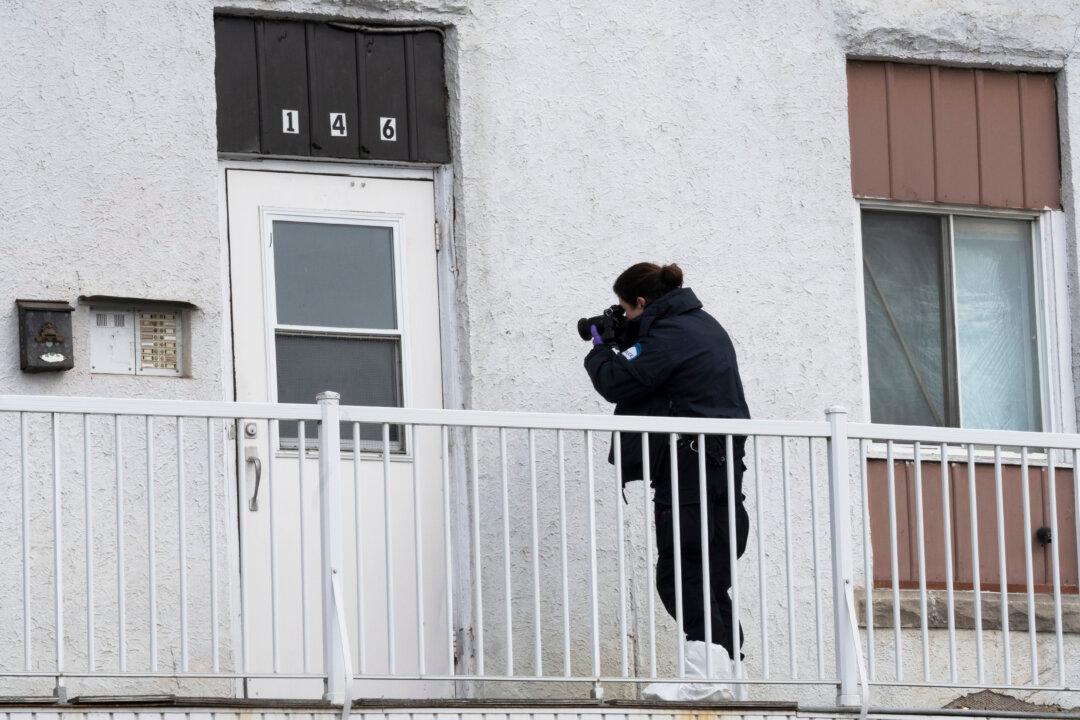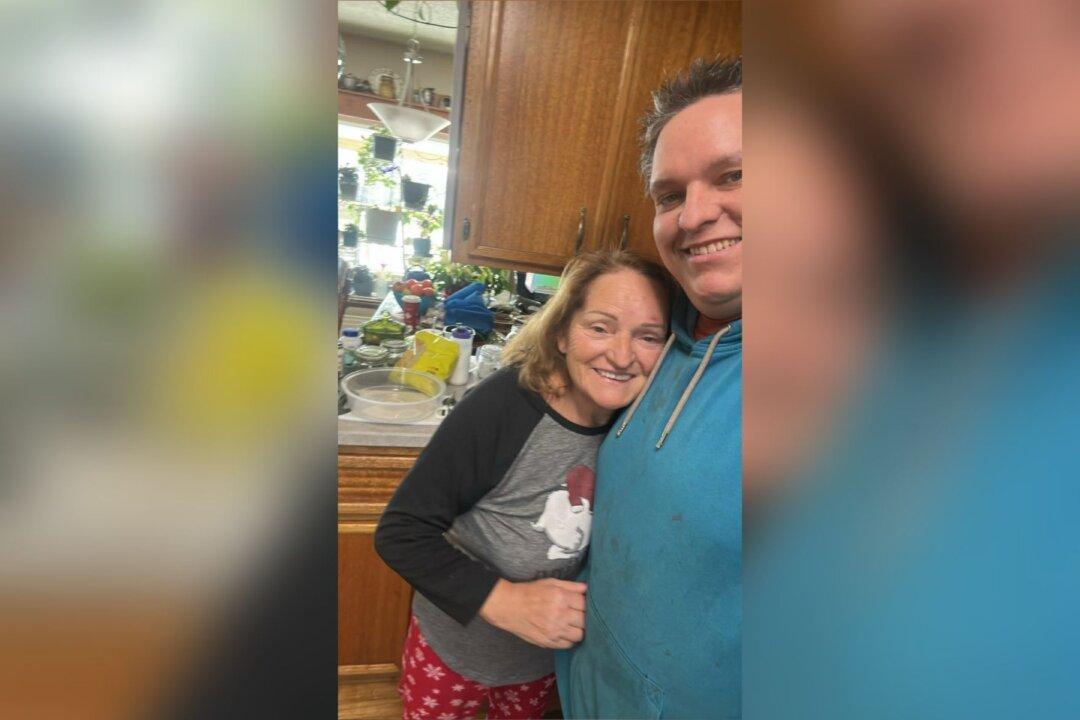The deaths of a provincial police sergeant and the mentally ill man who fatally stabbed her were avoidable, a Quebec coroner has concluded, saying health-care workers and police should have communicated better.
Géhane Kamel’s report, released Monday, includes 38 recommendations for various health, public security and law enforcement groups in connection with the deaths of Sgt. Maureen Breau and Isaac Brouillard Lessard.





